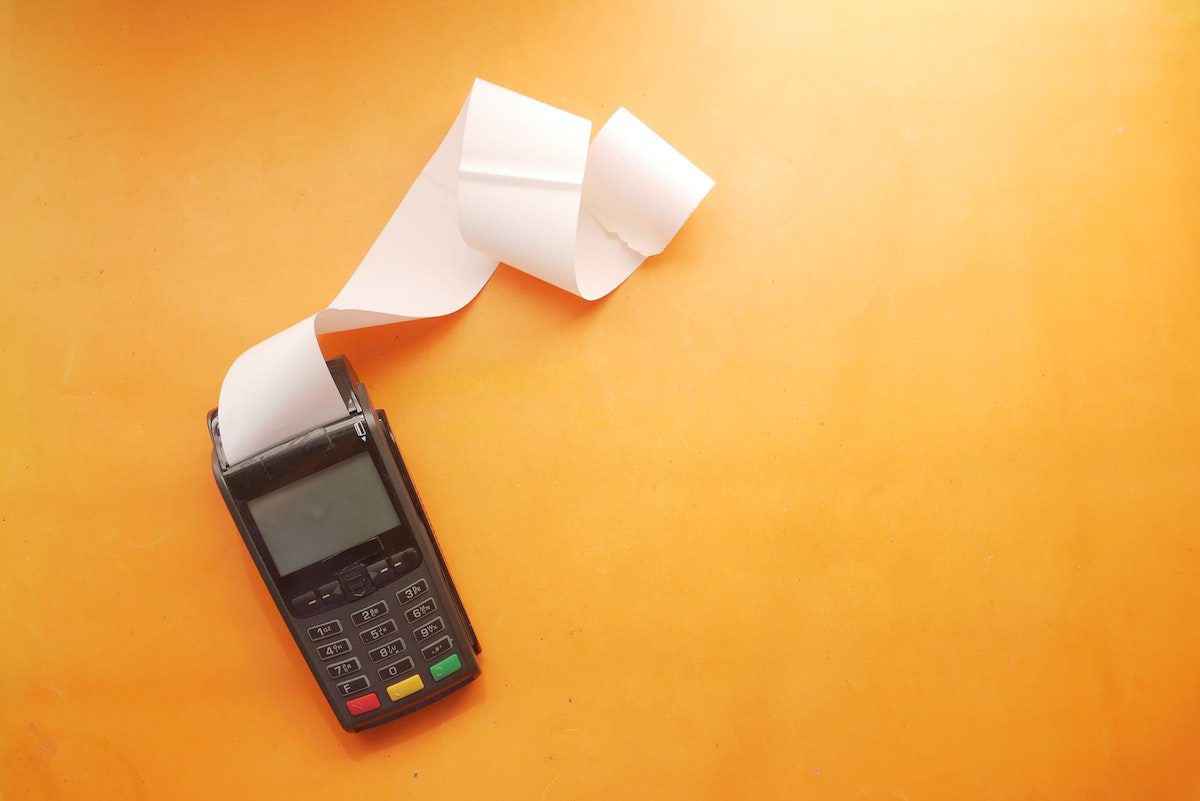Key Similarities and Differences: Earnest Money vs. Down Payments
As the name suggests, earnest money has something to do with good faith. How does it compare to a down payment?

In today's competitive real estate market, landlords or property managers looking to acquire new property want to make sure their offers stand out from others. After all, there's nothing worse than when you have your eye on a particular property, but another buyer swoops in and scoops it up before you can or the seller goes with a different offer.
Buyers are always looking for ways to make their offer stand out from the crowd, from waiving inspections to paying over the asking price. But both of these options have their risks. Plus, as a landlord, you have plenty of other things on your plate like taking care of your tenants, ordering repairs and so on.
One way to show a seller that you're serious about buying their property while also protecting yourself is a method you may not be familiar with called an earnest payment. What is earnest money vs. a down payment?
Honestly, an earnest payment is about…honesty and being sincere. And most people are more familiar with the term "down payment." Let's dive into what earnest payments are, how they're different than down payments and how they can give you an edge in purchasing the best rental properties.

What are earnest payments?
Essentially, an earnest payment, which is also called earnest money, is a deposit that an interested buyer gives to a seller as an earnest or good-faith gesture that they intend to purchase the property. By paying it forward, quite literally, you're showing the seller that you are serious about acquiring their property.
An earnest payment also acts as a sort of buffer during the rush of buying a property. With the small deposit put down, it can give you more time to arrange inspections, secure financing or complete an appraisal. If the sale is successful, the earnest payment can even be applied toward the down payment on the property. Depending on the situation, if the deal falls through, the earnest payment is either returned to the buyer or the seller keeps it.
While that's a general overview, there's much more to know about earnest payments.
What is earnest money vs. a down payment?
You may be thinking, “Isn't earnest money similar to a down payment?" Down payments are a vital part of the real estate buying process, being a large, upfront payment on the property that comes out of your own pocket. The amount of financing needed is then determined based on the amount of your down payment.
But down payments and earnest payments are actually quite different. For one thing, down payments are due at the time of closing while earnest payments are deposited at the beginning of the house-buying process.
Another key difference is that down payments are much bigger than earnest payments. Putting down 20 percent of the property's purchase price has long been considered the gold standard amount for down payments. By paying a lot upfront, you'll likely secure better financing and have smaller monthly payments. However, down payments are extremely subjective, depending on factors like income, so they can be lower than 20 percent.
By contrast, an earnest payment is much smaller.
How much do earnest payments need to be?
Compared to hefty down payments, earnest payments are much smaller since they're good-faith deposits. Earnest payments are usually between 1 to 2 percent of the property's sale price. But in a competitive market, it can go higher, usually capping out at 10 percent. Some sellers may prefer a flat rate or amount as opposed to a percentage.
It is possible to negotiate the amount. But as earnest payments are meant as good faith deposits, the higher you can go, the better it may look to the seller.

What happens to the earnest payment during the home-buying process?
After negotiating how much the earnest payment will be, a contract should be drawn up in order to protect your money in case the process goes south. The contract needs to stipulate the contingencies and circumstances under which the earnest money is either returned to you or the seller gets to keep it.
Even with an earnest payment, it's still possible for the buyer to pull out of the deal and not purchase the property. This could be for many different reasons, like inspection revealing substantial problems or not being able to come to an agreement with the seller about repairs.
Once the earnest payment deposit is made, it's usually kept in an escrow account. This process should be done by a trusted third party like an escrow company, real estate company or legal firm. An earnest payment should never be given directly to the seller, even with a contract, because it's not protected by a third party.
By making an earnest payment, the contract usually requires that the seller takes the home off the market to pursue the sale with the buyer during the inspection, negotiating and financing parts of the process. Earnest payments typically protect the seller since they're taking the property off the market.
That's why it's important to have a contract that details the contingencies under which the earnest money is returned to the buyer, like the property failing inspection. But if you, the buyer, breach the terms of the contract, the seller gets to keep the money.
Assuming all goes well and the sale moves forward, the earnest payment money can then be returned (depending on the contract) or applied to closing costs or as part of the down payment.
What are the pros and cons of using earnest money to purchase a rental property?
Paying a small deposit upfront to show the seller that you're serious about purchasing their property sounds like a solid win. But there are both benefits and drawbacks to using earnest payments.
Pros of making an earnest payment
Here are some positives for using earnest money:
- It can make your offer more attractive to sellers
- Gives you extra time and wiggle room for inspections, appraisals, financing, etc.
- The money can contribute to your down payment or other costs
- It can put you on good terms with the seller, facilitating a smooth, efficient sale
Cons of making an earnest payment
Here are some potential negatives with earnest money:
- You may risk losing the earnest payment if you breach the contract
- Drawing up a contract, while essential and necessary, also takes time
- Earnest payments add a step to the already lengthy, complicated process of purchasing a property

Earnest payments can give you a competitive edge
Good rental properties can come and go fast in this competitive market. With earnest payments, a few thousand dollars can buy you more time and advantage to get the properties you want. That way, you can focus on your current properties and tenants while also adding that new property to your portfolio.
